Sudan's PM Hamdok resigns, warns the country is 'sliding towards disaster'
Sudan's Prime Minister Abdalla Hamdok has announced his resignation amid political impasse and large-scale protests, just two months after being restored in the post as part of a political deal with military rulers of the restive African country.
Hamdok announced the decision in a televised address late on Sunday, stressing that a roundtable discussion was needed to agree on a new “national charter” and to “draw a road map” to complete the country’s transition to democracy.
"In view of the fragmentation of the political forces and conflicts between the (military and civilian) components of the transition... despite everything that has been done to reach a consensus... it has not happened," he remarked in his TV address.
Hamdok warned that Sudan was “crossing a dangerous turning point that threatens its whole survival”, adding that he had “tried his best to stop the country from sliding towards disaster."
The development came hours after massive protest rallies were staged by anti-coup demonstrations in capital Khartoum and other major cities across Sudan, leaving at least two protesters dead and many others injured in clashes with security forces.
The Central Committee of Sudanese Doctors on Sunday announced that new fatalities had taken the overall death toll to 56 in widespread protests since a military coup on October 25, which ousted Hamdok and placed him under house arrest. He was later reinstated on November 1.
Hamdok’s resignation is expected to further destabilize conditions in the African country and throw its political future even deeper into uncertainty, three years after a popular uprising led to the ouster of long-time despotic military leader, Omar al-Bashir.
West-backed Hamdok – an economist and former United Nations official – became prime minister under a power-sharing agreement between the military junta and civilians following Bashir's toppling.
However, a military coup led by Sudan's military chief and de facto leader Abdel Fattah al-Burhan was staged last October, leading to detention of Hamdok and other civilian leaders.
The move led to angry protests in Sudan and sparked international outcry, including from the UN Security Council.
Following Sunday’s deadly protests, Al Hadath TV quoted an adviser to Burhan as saying the military would not allow anyone to pull the country into chaos and that continued protests were a "physical, psychological, and mental drain on the country".
This is while six people were shot dead and hundreds of others wounded last Thursday after Sudan’s security forces clashed with anti-coup protesters in major cities, including Khartoum and Omdurman, chanting “no to military rule”.
Activists in Sudan believe that 2022 will be "the year of the continuation of the resistance".
In a televised speech last Friday, however, Burhan asserted that disputes over power and the loss of lives meant everyone "should use the voice of reason.”
"The only way to rule is by popular mandate through elections," he asserted.
VIDEO | Exclusive: Armed Forces spokesman says Iran will never give in to US pressure amid talks
Iran‑US talks ‘good opportunity’ to resolve nuclear issue: President Pezeshkian
Iran seeks result-oriented talks, progress depends on US seriousness: Araghchi
VIDEO | Efforts to stabilize Gaza Strip hitting diplomatic wall
Decades of broken promises, aggression, Israeli pressure leave Iran no reason to trust US: Analyst
Iran to unveil its first indigenous radar imaging satellite soon
North Korea's Kim says military will ‘widen fighting front’ in 2026
VIDEO | Propaganda channels promote fake death toll as Iran releases official victims' list of terror attack


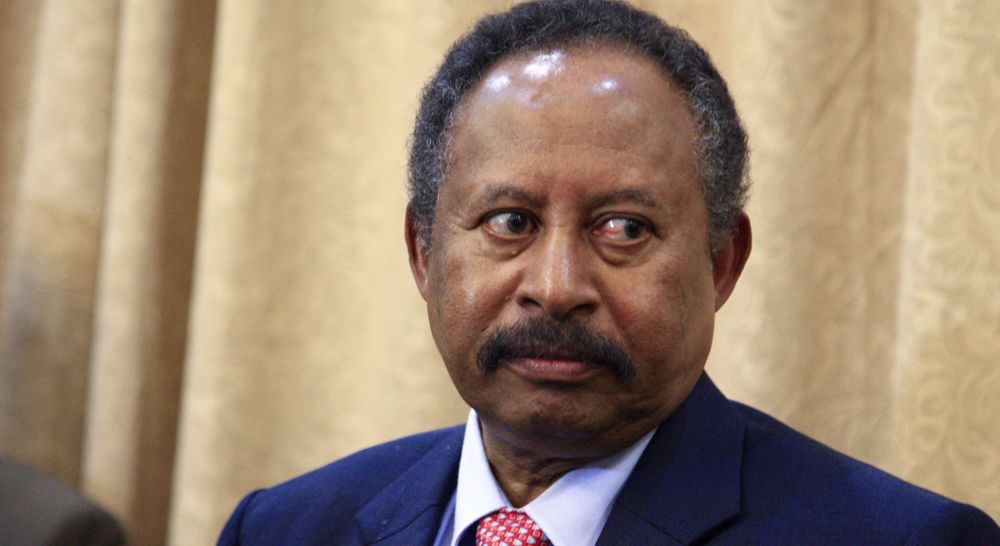
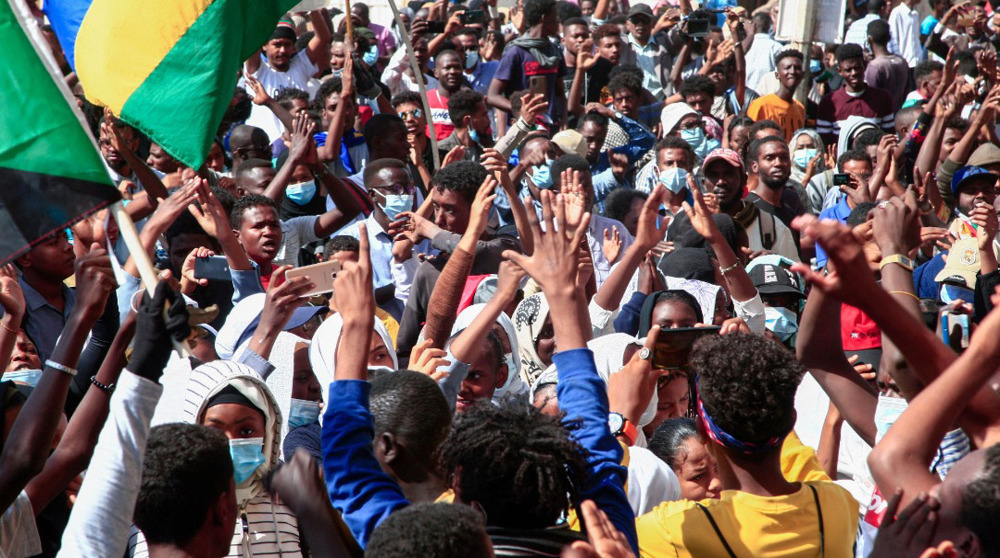
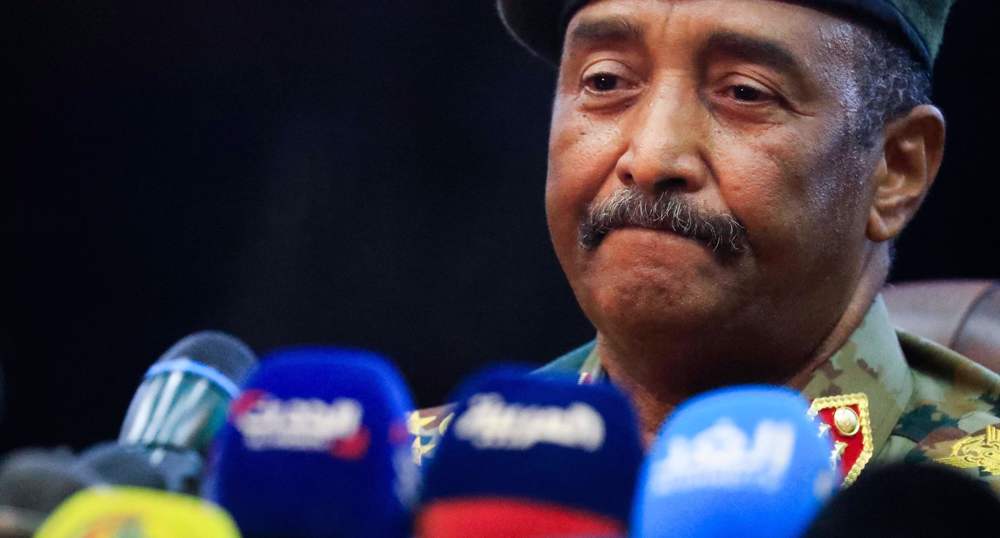
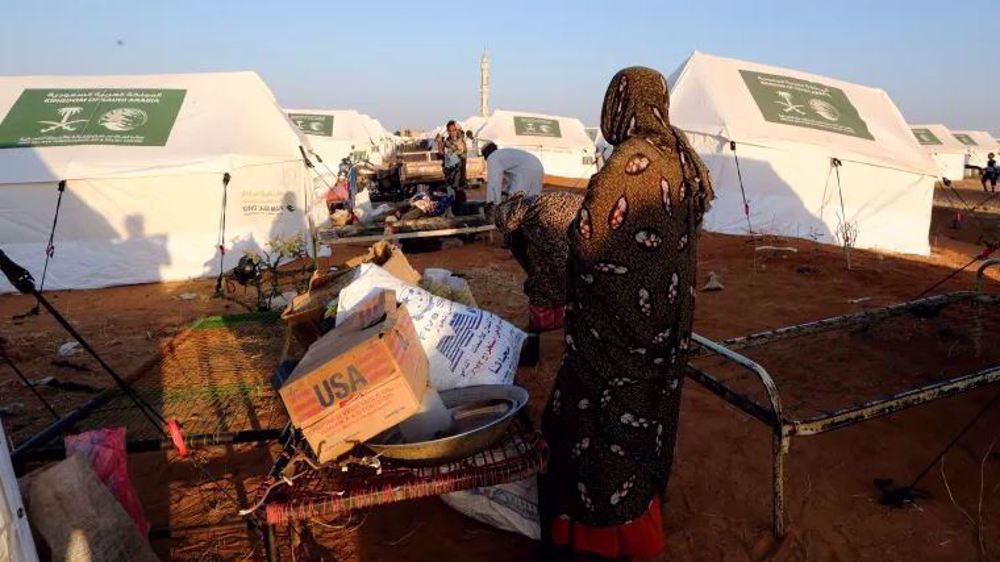
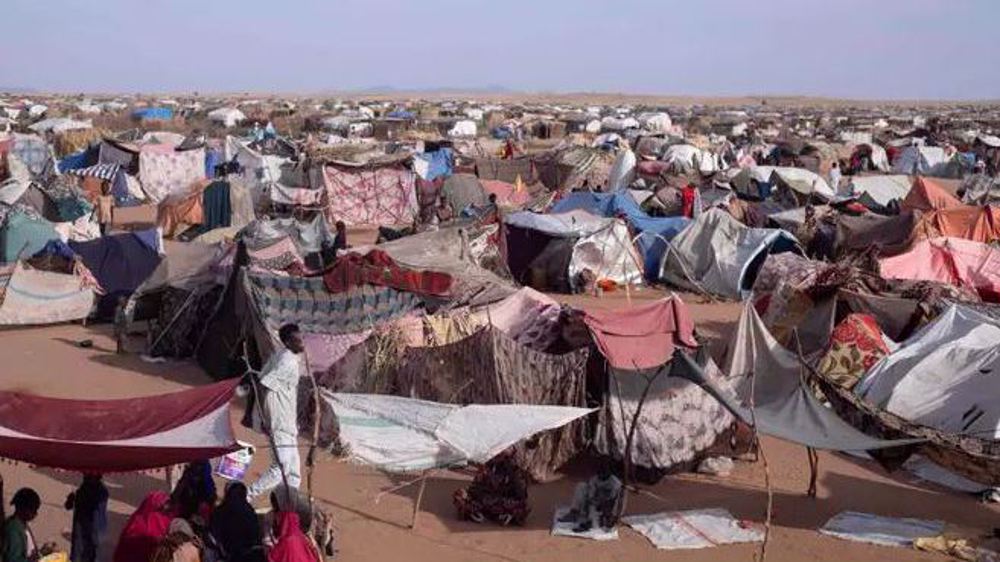
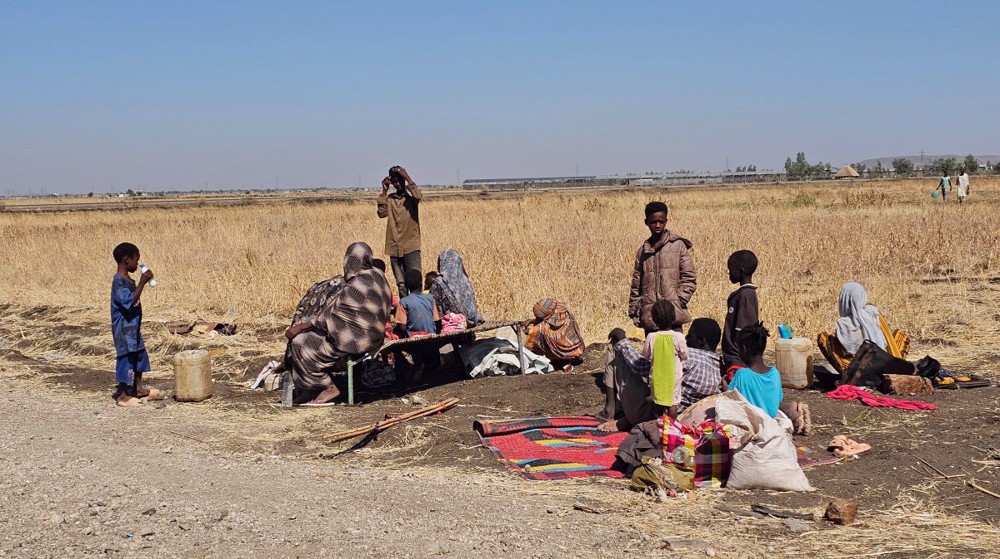



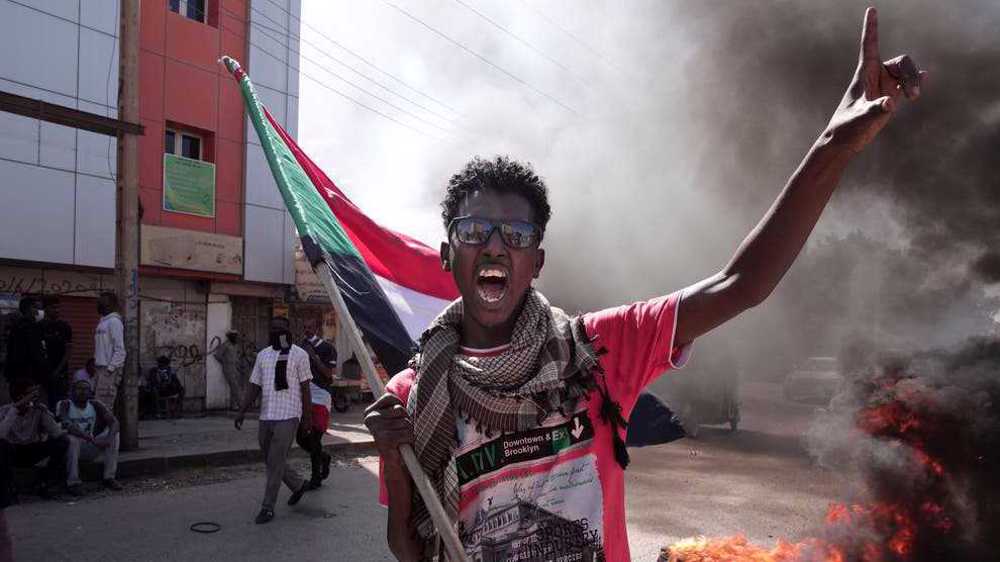
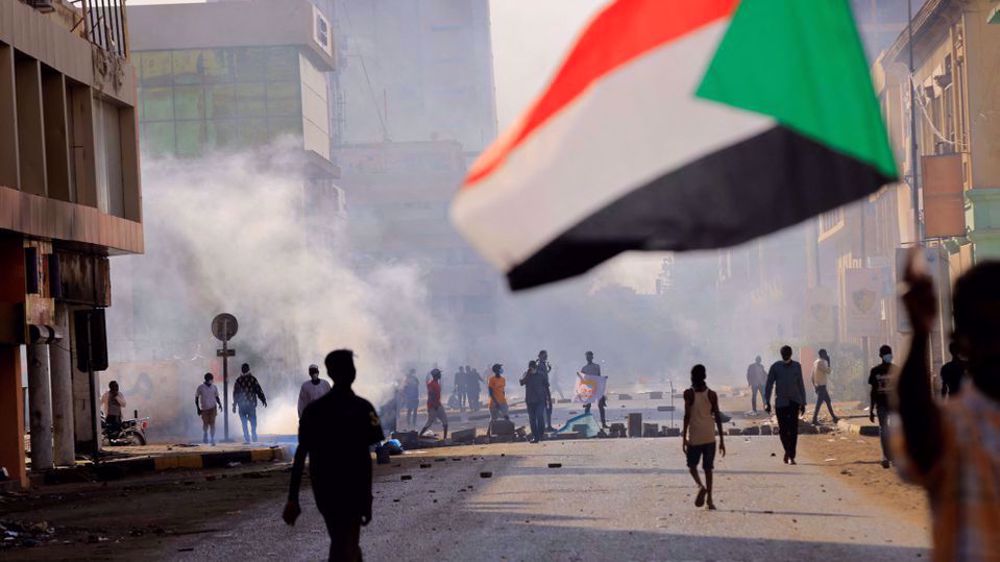
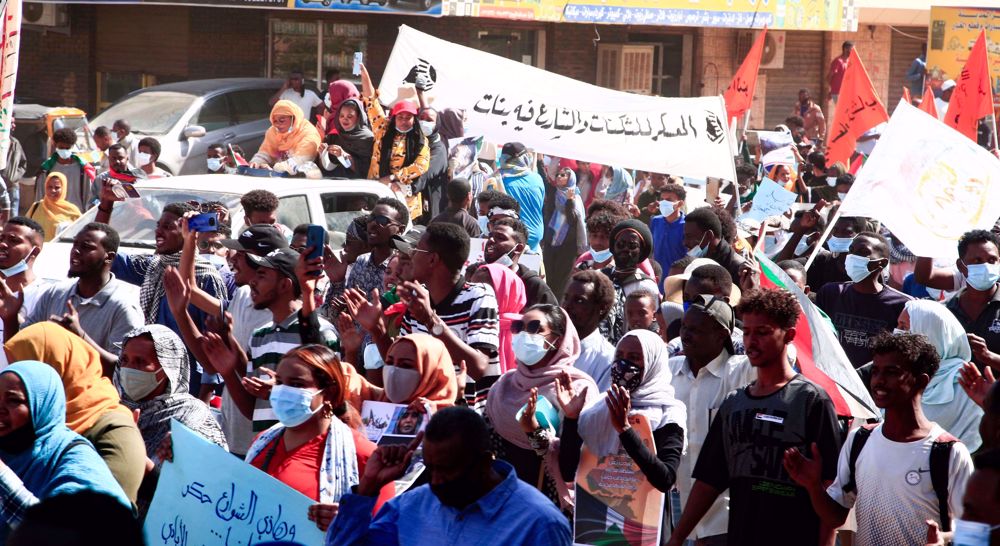
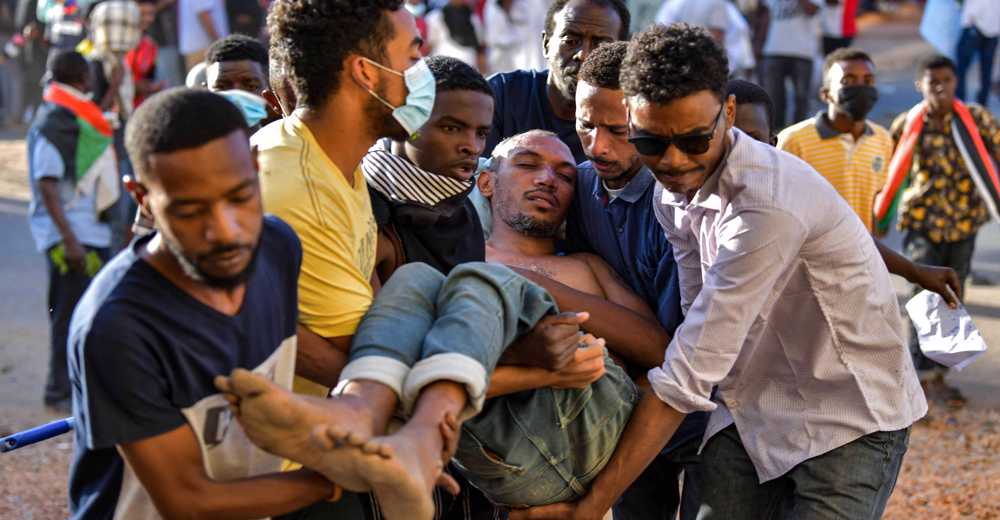
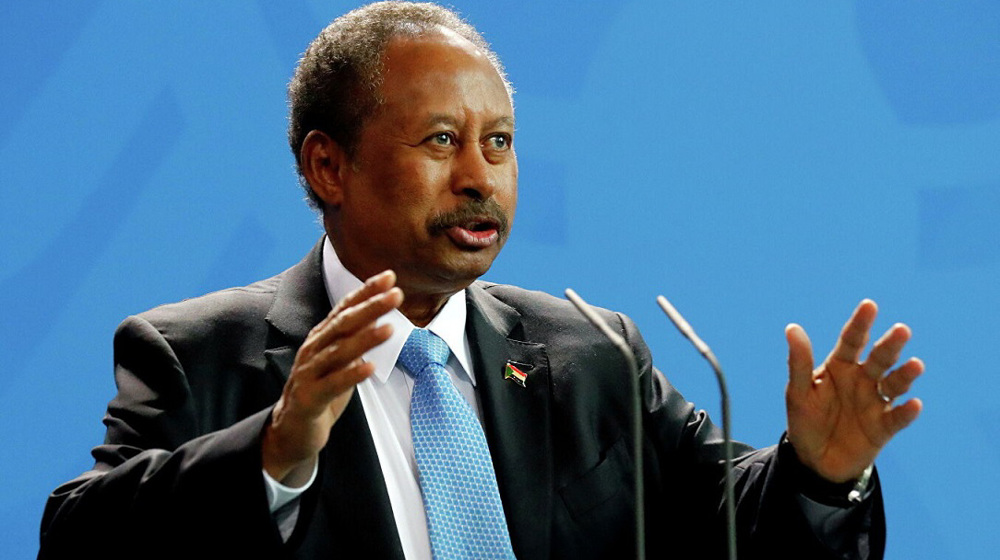

 This makes it easy to access the Press TV website
This makes it easy to access the Press TV website